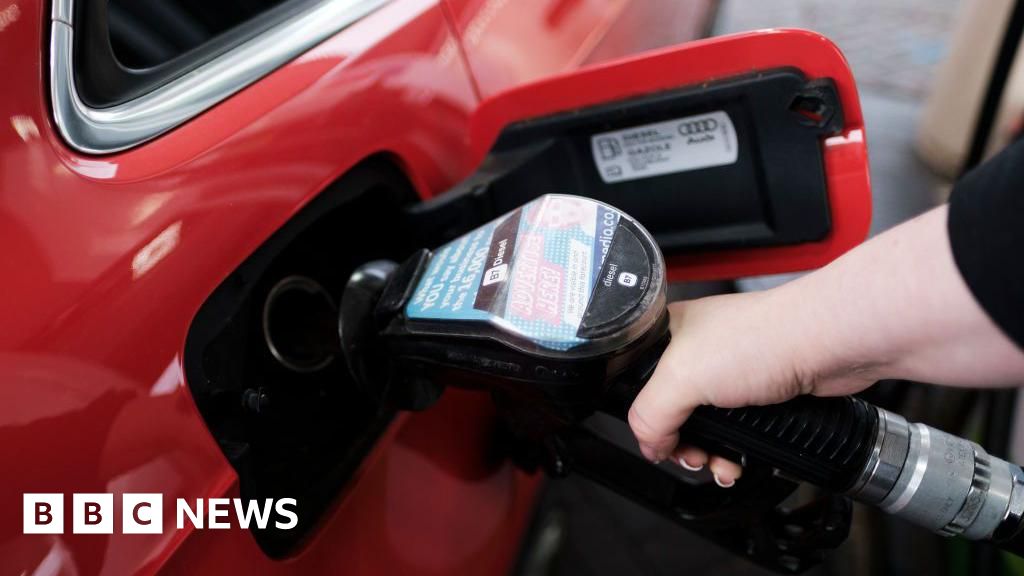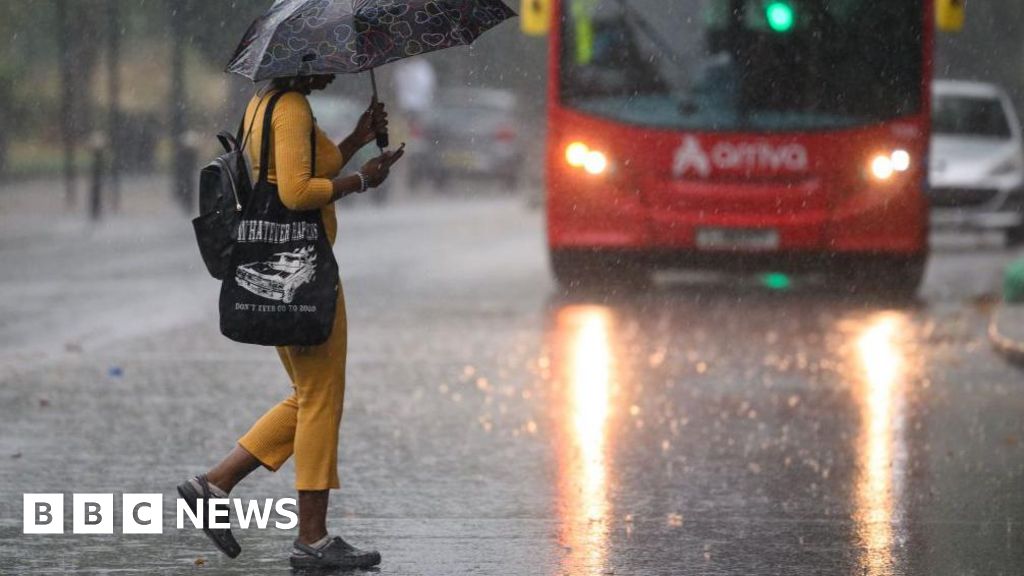ARTICLE AD BOX
 Image source, Getty Images
Image source, Getty Images
By Andy Verity
BBC economics correspondent
The way electricity prices are set has pushed UK household bills up by £7.2bn over two years, analysis suggests.
Under existing rules, energy suppliers pay the highest price for wholesale electricity no matter how it is made.
Gas-fired generation is the most expensive and only makes up about 40% of all electricity made for UK homes.
If an average price was used the UK's bill could be much lower, the not-for-profit climate think tank Carbon Tracker Initiative said.
The BBC has asked the government for a comment.
Charging an average price for wholesale electricity would have made the bill in the two years from 2021-22 £7.2bn lower, the Carbon Tracker Initiative said.
According to BBC calculations that's about £250 per household.
Under the existing rules, energy retailers - the companies that supply electricity to firms and households - are forced to pay the highest price for wholesale electricity, no matter how it has been generated. That cost is then passed on in bills.
That means they have been paying for all their wholesale electricity at the price of gas-fired generation, which only represents about 40% of all electricity generated for the National Grid.
Because of elevated wholesale gas prices, that type of electricity generation has been much more expensive than nuclear power and up to three times as expensive as renewables such as wind farms.
That's also meant windfall profits for renewable energy generation, which have been paid much more for their power than it costs them to generate - one reason the government has imposed a windfall tax.
Lower bills
The CTI analysis finds that if suppliers had instead paid closer to the average cost of generation across all forms including renewables, the cost to energy retailers would have been much lower. That would have meant lower bills.
Senior analyst Jonathan Sims, who wrote the CTI report, said the findings showed how the global gas market over the last two years had skewed British power prices.
He said these prices did not reflect the different technology the UK now uses to generate electricity.
The analysis takes into account the need for sources of power that can be fired up immediately such as gas-fired or nuclear, whereas wind power for example is weather-dependent.
When calculated this way, the cost to energy suppliers of buying all the power they needed in the two years from 2021-22 would be £7.2bn lower, the CTI found.
The analysis also suggested Europe's most gas power dependent countries, the UK and Italy consistently paid the highest spot prices during the recent period of high gas price volatility.

 2 years ago
51
2 years ago
51








 English (US) ·
English (US) ·